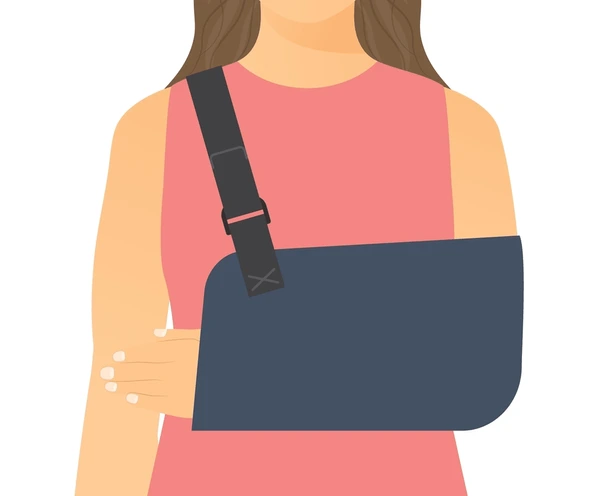Many suffer with the occasional twinge of shoulder or other joint pain, but according to research data by the CDC, women are often more seriously and frequently affected.Of the approximately 27 million Americans diagnosed with osteoarthritis, women make up 60%. Rheumatoid arthritis, an autoimmune form of arthritis, affects 3 times more women than men. Women are also more susceptible to other types of autoimmune diseases such as multiple sclerosis, scleroderma, lupus, and fibromyalgia that cause joint discomfort and pain.There are several possible reasons for this:
- Female hormones: Women often complain of joint pain just before or during their periods when female hormones are active. Also, women are at a higher risk for autoimmune disease during their childbearing years.
- Less release of endorphins: Studies have shown that on average women’s brains release less dopamine – which is the body’s natural painkiller.
- Structural differences: Women tend to be more flexible than men. The greater range of motion of the joints also increase the possibility of joint surfaces rubbing against each other causing pain.
- Slower response to pain medication: Women’s digestive systems are slower can pain medications take longer to produce their effect.
Arthritis literally means “joint inflammation” and anything you do to lower inflammation will contribute towards improving your joint health. Here are a few suggestions:
- Nonsteroidal anti-inflammatory drugs (NSAIDs): They are the most commonly prescribed medications for treating arthritis-related inflammation.
- Dietary Supplements: Fish oil supplements containing omega-3 fatty acids and other substances that reduce inflammation may be beneficial when consumed on a regular basis.
- Anti-inflammatory diet: Foods that are reported to have anti-inflammatory properties include plenty of fruits and vegetables with moderate amounts (twice a week) of white meat and dairy products. Avoid red meats and sugar as much as possible.
- Maintain ideal bodyweight: Getting rid of the excess pounds directly contributes to lowering stress on the joint.
- Quit smoking: Smokers suffering with arthritis tend to have more joint inflammation than those who don’t smoke.
- Get Enough Sleep: Being sleep deprived may increase the likelihood of worsening arthritis symptoms. On average, 7-8 hours of sleep is necessary for the body to heal damaged tissue.
Dr. Patrick Denard has been voted one of the top 20 Shoulder Surgeons in North America, and is the most widely published shoulder specialist in Oregon. Dr.Denard is committed to providing the highest level of Orthopedic care to his patients. Dr. Denard has advanced arthroscopy training and is able to perform the vast majority of shoulder procedures in a minimally invasive fashion, including all types of rotator cuff repairs and instability repair. These techniques allow him to repair tears that some consider “irreparable.” Providing every patient with advanced medicine and compassionate care each and every time.
Similar posts



